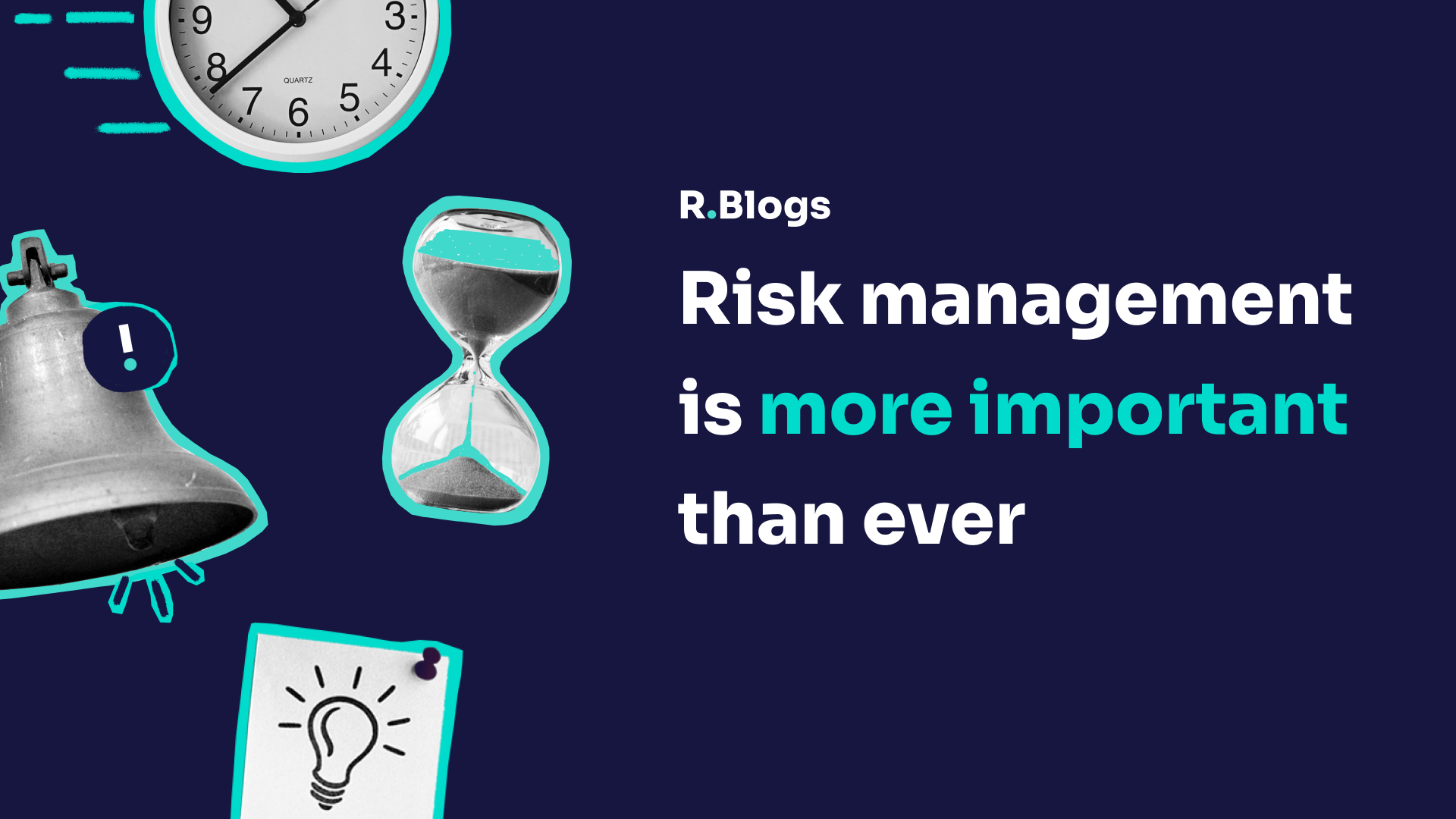Unlocking the Actual Importance of Risk Management for Continuous Growth
Unlocking the Actual Importance of Risk Management for Continuous Growth
Blog Article
The Relevance of Comprehending the Relevance of Risk Management in Numerous Industries

The Core Principle of Risk Management and Its Objective
Risk Management, the foundation of several industries, pivots on the identification, examination, and reduction of unpredictabilities in an organization atmosphere. By properly identifying potential dangers, organizations can create approaches to either stop these dangers from occurring or lessen their effect. Once threats have been recognized and assessed, the reduction process includes devising strategies to decrease their possible influence.
Advantages of Executing Risk Management in Organization Operations

Introducing the Duty of Risk Management in Different Industries
While every industry faces its one-of-a-kind collection of risks, the implementation of Risk Management approaches remains a common measure in their quest of sustainability and growth. In the medical care sector, Risk Management entails guaranteeing patient security and information protection, while in financing, it involves mitigating financial investment risks and guaranteeing regulative compliance (importance of risk management). Building firms concentrate on worker safety and security, task hold-ups, and spending plan overruns. In the technology market, firms mitigate cybersecurity dangers and modern technology obsolescence. Ultimately, the function of Risk Management throughout sectors is to determine, examine, and minimize threats. It is an essential element of calculated preparation, enabling companies to secure their properties, optimize chances, and achieve their purposes.
Real-life Situation Studies Demonstrating Successful Risk Management
To recognize the importance of Risk Management in these lots of industries, one can seek to a number of real-life circumstances that illustrate the successful application of these measures. For example, in the power market, British Petroleum established Risk reduction intends post go to the website the 2010 Gulf of Mexico oil spill. They executed far better safety treatments and stricter policies which substantially decreased further mishaps. In a similar way, in financing, Goldman Sachs effectively navigated the 2008 economic dilemma by recognizing possible mortgage-backed safeties risks early. Lastly, Toyota, upload the 2011 earthquake in Japan, revised its supply chain Management to lessen interruption threats. These instances demonstrate just how markets, learning from dilemmas, efficiently applied Risk Management methods to reduce future risks.
Future Trends and Advancements in Risk Management Strategies
Cybersecurity, once a peripheral issue, has catapulted to the center of Risk Management, with strategies concentrating on feedback, prevention, and detection. The combination of ESG (Environmental, Social, Governance) factors right into Risk Management is an additional expanding fad, showing the raising recognition of the duty that social and ecological risks play in business sustainability. Therefore, the future of Risk Management exists in the fusion of sophisticated technology, cutting-edge techniques, and an all natural method.
Verdict
In final thought, comprehending the value of Risk Management throughout a range of sectors is essential for their durability and prosperity. Eventually, successful Risk Management adds to more durable and lasting services, highlighting the importance of this other technique in today's dynamic and highly competitive business atmosphere.
While every sector faces its special collection of dangers, the implementation of Risk Management methods stays an usual in their quest of sustainability and development. In the healthcare field, Risk Management entails making certain patient safety and security and information security, while in finance, it involves mitigating financial investment threats and making sure governing compliance. Ultimately, the duty of Risk Management throughout industries use this link is to determine, evaluate, and alleviate risks. These instances show exactly how industries, finding out from situations, properly applied Risk Management strategies to lower future dangers.

Report this page